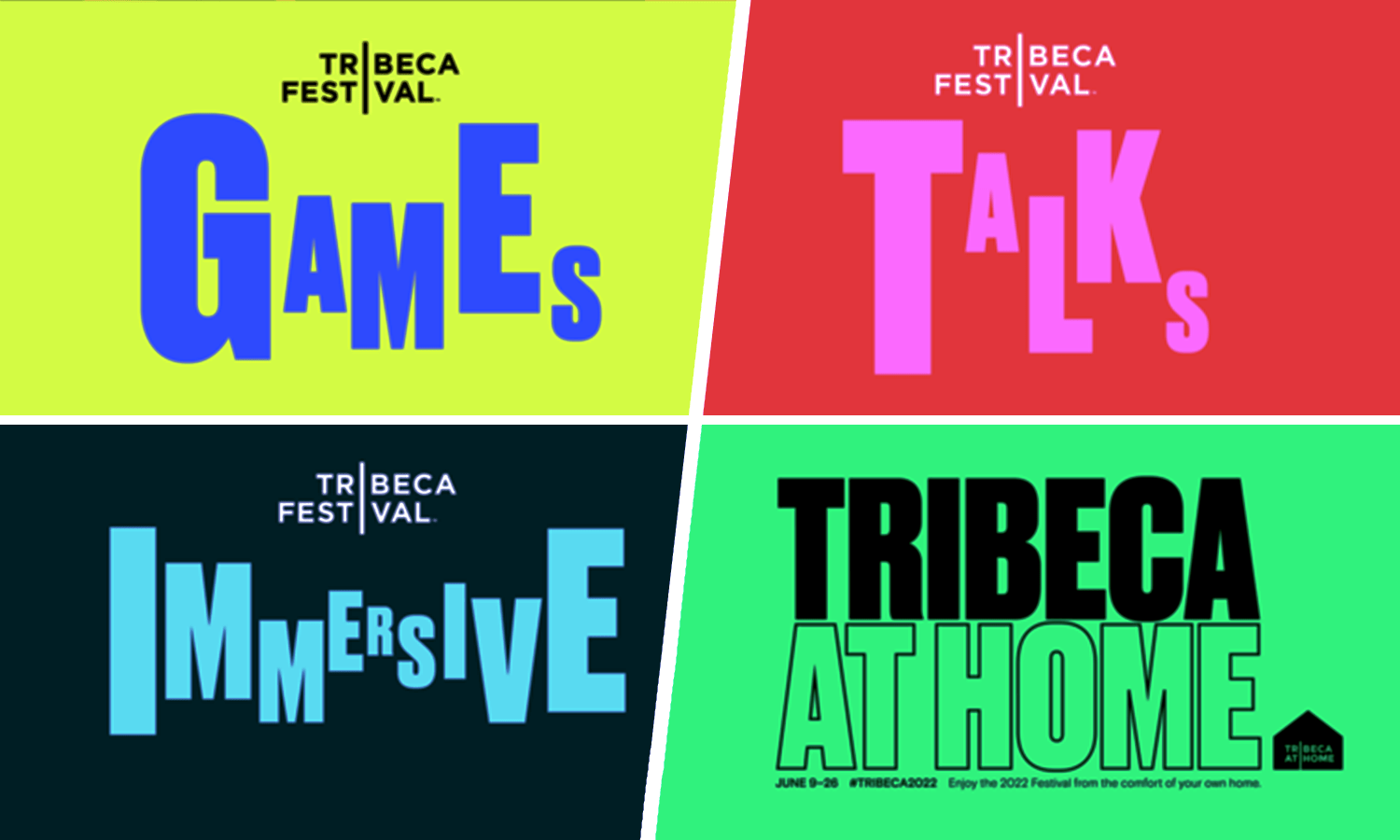Why do we still need film festivals in a streaming-first world?

It used to be that a film festival would screen dozens of independent movies, and studios would show up, buy the best ones, and release them into the world. But that’s just not enough anymore. Like all events and experiences, we expect the film festival model to constantly evolve. Independent films are vehicles for new artists and fresh ideas that need to be heard. Film festivals attract diverse audiences with a multitude of viewpoints. And, after weighing and gauging the audience reaction at a screening, a filmmaker may choose to re-edit or rework their project. But, beyond up-and-coming filmmakers seeking artistic success and studio money, why do experiential creators need to produce (and improve) film festivals? In a streaming-first world, why do audiences need to attend them? Because they’re about more than just movies Attending a film festival no longer just means spending day and night sitting in dark theaters deciding which starving artists deserve their big break this year. Of course, screening independent films will always be a core component of the experience, but many festivals are rebranding themselves and adding a variety of activations. For example, the Tribeca Film Festival rebranded itself as Tribeca Festival last year, allowing...